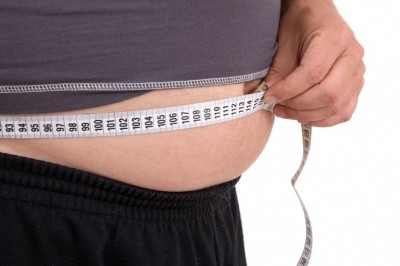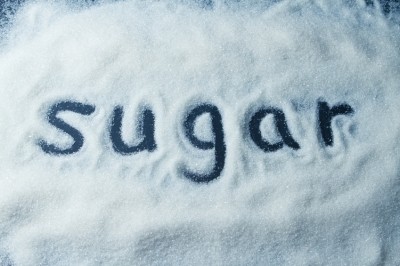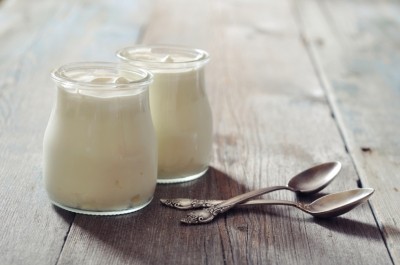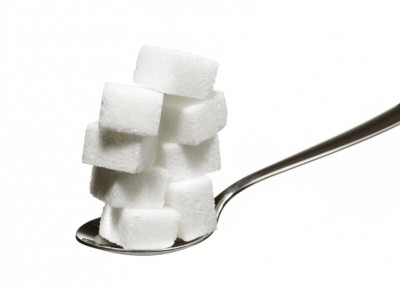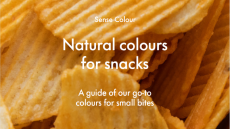‘Healthy’ children’s juices and smoothies slammed for high sugar content
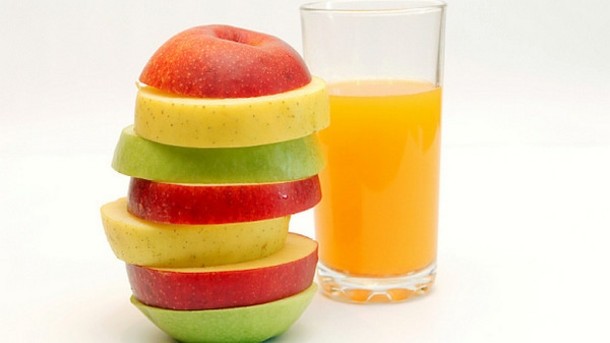
According to the findings of the survey, more than a quarter of products that are marketed as healthy for children (57 of the 203) contain the same amount or more sugars than Coca-Cola, while even more (59 of 203) contain ‘unnecessary’ added sugars.
Indeed, over half (117) of the drinks surveyed would receive a ‘red’ (high) label for levels of sugars per standard 200ml equivalent serving, said Action on Sugar, noting that portion sizes vary greatly.
Kawther Hashem, nutritionist at Action on Sugar said it is ‘highly concerning’ that parents buy fruit juices and juice drinks for their children in the belief that they are choosing healthy product – warning that in fact, “children should be given as little juice as possible.”
“It is a complete scandal that these drinks are marketed to children and parents as if they are ‘healthy’: this has to stop,” commented Action on Sugar chairman Professor Graham MacGregor of the Wolfson Institute.
No place for added sugars or 5-a-day messages
According to Hashem, the most concerning aspect of the Action on Sugar survey findings is the fact that over 25% contained ‘added sugars’ like glucose-fructose syrup - even though there no need to add sugar to a product made with fruit.
“We call on all manufacturers to stop adding more sugars to already sweet juices, particularly in children’s products,” she said.
In addition, the campaign group warned that the use of five-a-day messages on fruit juices that are packed with sugars are unhealthy and backing for such statements should be withdrawn.
Current UK guidelines state that a small (150ml) glass of unsweetened 100% fruit juice can count as one of your ‘5 a Day’. However, Action on Sugar warned that such a recommendation is wrong and should be rescinded because levels of added sugar present in most fruit juices are so high that is makes the health costs greater than health benefits
In addition, it noted that the fact that only six products are actually sold in 150ml portion size packaging adds to confusion and means that parents trying to make a healthy choice for their children have no help.
“Our advice is to eat the fruit, don’t drink the juice. Juice should be an occasional treat, not an ‘everyday’ drink,” commented Katharine Jenner, campaign director for Action on sugar. “These processed drinks are laden with sugar and calories and do not have the nutritional benefits of fresh fruit and vegetables.”
Fruit juices are still useful
However, Dr Alison Tedstone of Public Health England said that fruit juice is a ‘useful contribution’ towards five a day.
“However, because the process of juicing releases sugars from the fruit we recommend that you try to limit your fruit juice to 150ml a day, including that from smoothies and only consume these and other sugary drinks with meals to reduce the risk of tooth decay,” she said.
The British Soft Drinks Association (BSDA) said fruit juice consumption in the UK equates to an average of just 45ml per person per day - accounting for 1% of the calories in the average diet.
"Given government figures show that the vast majority of adults and children are not getting their recommended five fruit and veg a day it is unfortunate this survey omits to mention the established health benefits of fruit juice, such as vitamin C," said BSDA director-general Gavin Partington.
However, Action on Sugar said the fact that products with lower levels of sugar are available shows that fruit juices do not need to be so sweet – citing the fact that Innocent 100% Apple Juice for Kids contains 15.6g of sugars per 200ml, a third (32%) less than Morrison’s Apple Juice From Concentrate which has 22.8g of sugars per 200ml.
